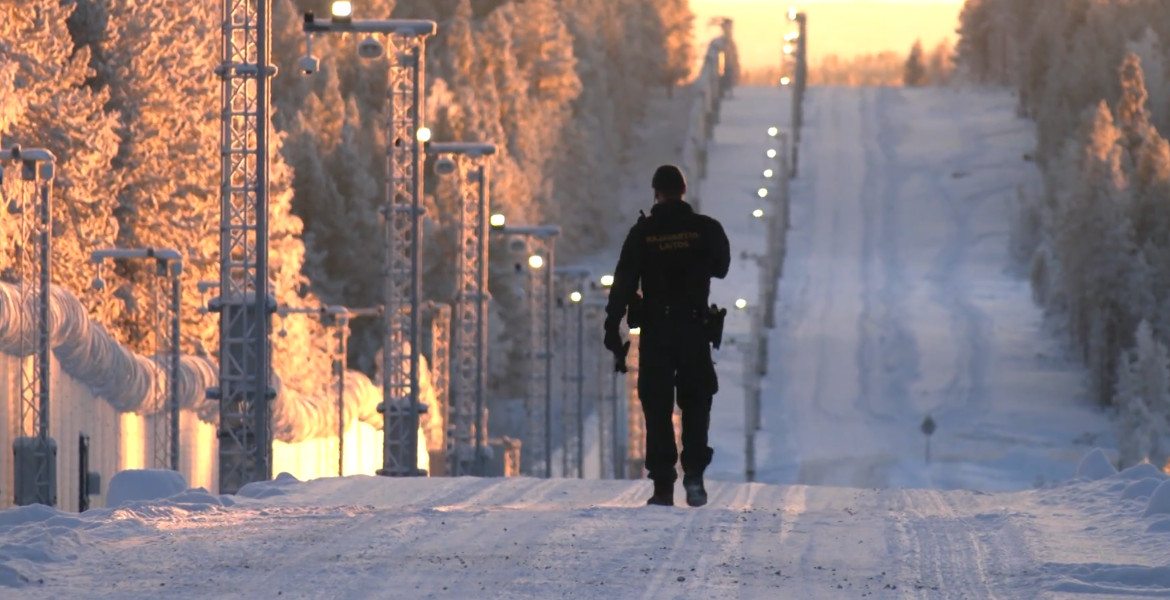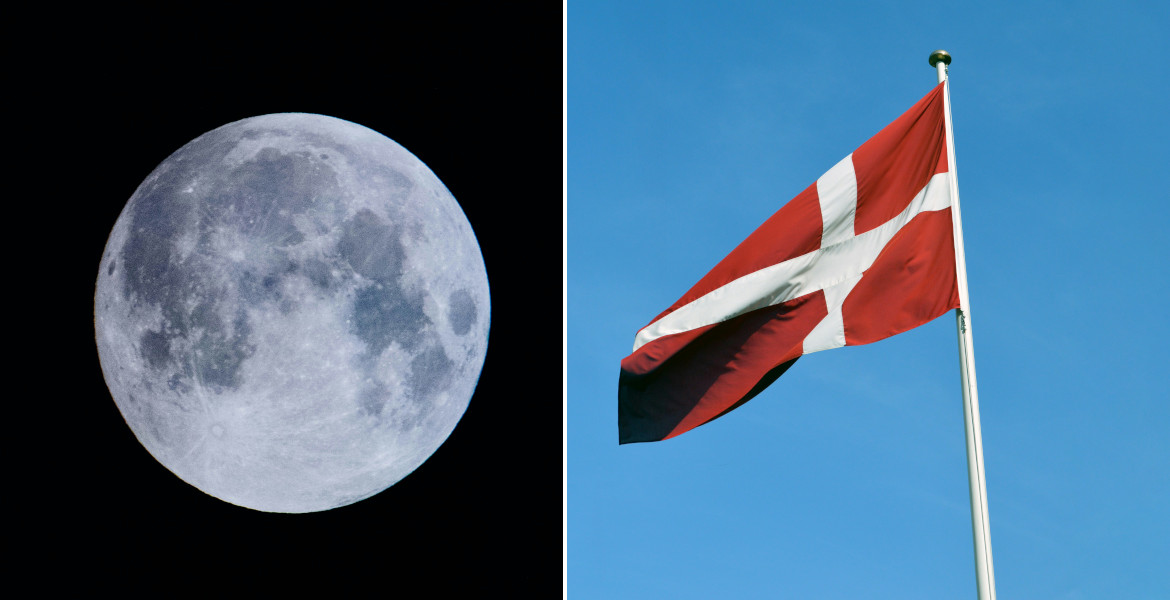Danes, Swedes and Norwegians have different favorites when it comes to Christmas celebrations, according to a Norstat survey. While Danes prefer to cozy up indoors, Swedes hold on to their Christmas traditions.
A number of European countries participated in the survey, with around 1,000 people from each country naming their three favorite Christmas traditions. The survey was conducted between November 11 and 22 this year.
In Norway, 52 percent believe that Christmas dinner is the best part of the holiday season. Following that, Norwegians most appreciate Christmas traditions and the festive atmosphere.
About 35 percent of Swedes believe that Christmas traditions are the most important part of the holiday, followed by 33 percent who look forward to the Christmas dinner the most. In third place is the festive atmosphere, according to the survey.
In Denmark, 70 percent believe that the best part of Christmas is staying indoors and enjoying cozy time with family. In comparison, only 22 percent of Norwegians consider this the most important aspect, while the figure is 27 percent among Swedes.
The Danes rank the festive atmosphere as the second most important, followed by traditions in third place.




